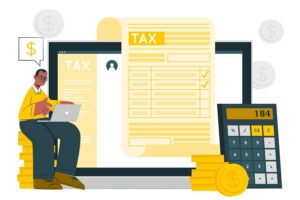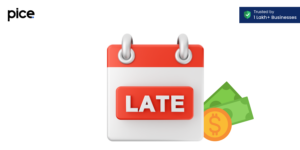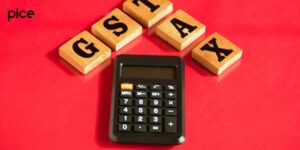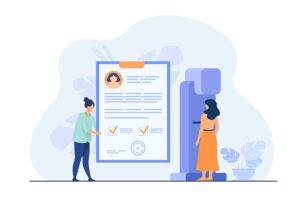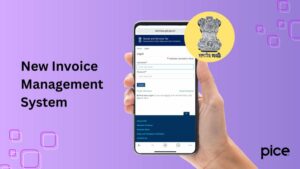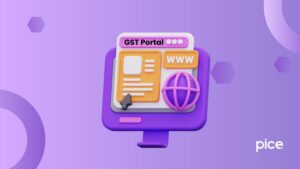How is 44ADA Presumptive Taxation Scheme beneficial for professionals?
- 20 Sep 24
- 13 mins
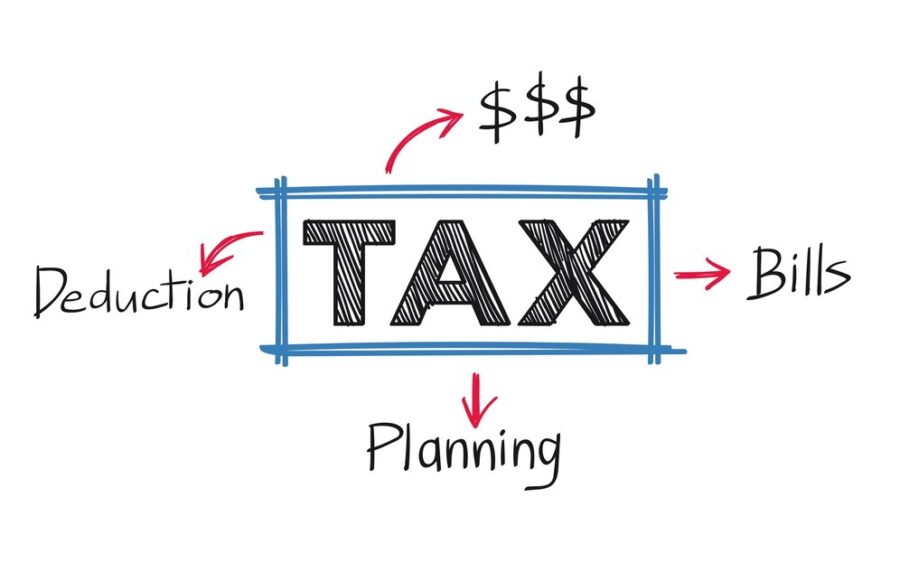
How is 44ADA Presumptive Taxation Scheme beneficial for professionals?
- What is Presumptive Taxation?
- Eligibility for Section 44ADA
- Application Process for Section 44ADA Presumptive Taxation
- Maintaining Books of Accounts
- How to Calculate Presumptive Taxation Under the Presumptive Scheme?
- Overview of Income Tax Sections
- Steps to File ITR under Section 44ADA
- Should you file under Section 44ADA?
- Key Implications of Opting for Section 44ADA
- Conclusion
Key Takeaways
- Profession Specific: Section 44ADA is exclusively available to professionals like doctors, lawyers, architects, engineers, accountants, and interior designers.
- Turnover Limit: Eligibility for Section 44ADA requires that gross receipts do not exceed INR 50 lakhs annually.
- No Expense Deduction: Under Section 44ADA, professionals cannot deduct any business expenses from their taxable income.
- Simplified Compliance: The scheme simplifies tax filing by eliminating the need for detailed accounting, reducing compliance costs and efforts.
- Restriction on Losses: Opting for Section 44ADA prohibits the carryforward of business losses, which could be a significant drawback for fluctuating income profiles.
Section 44ADA of the Income Tax Act introduces a streamlined approach for small taxpayers engaged in certain professions. This provision allows eligible professionals to declare income at an applicable rate and simplifies their tax compliance by reducing the burden of detailed bookkeeping.
What is Presumptive Taxation?
Presumptive taxation is a simplified tax scheme under the Income Tax Act, designed to facilitate easier compliance for small taxpayers. This system allows eligible businesses and professionals to calculate their tax liabilities based on presumed income rather than actual income, which can be cumbersome to track and verify.
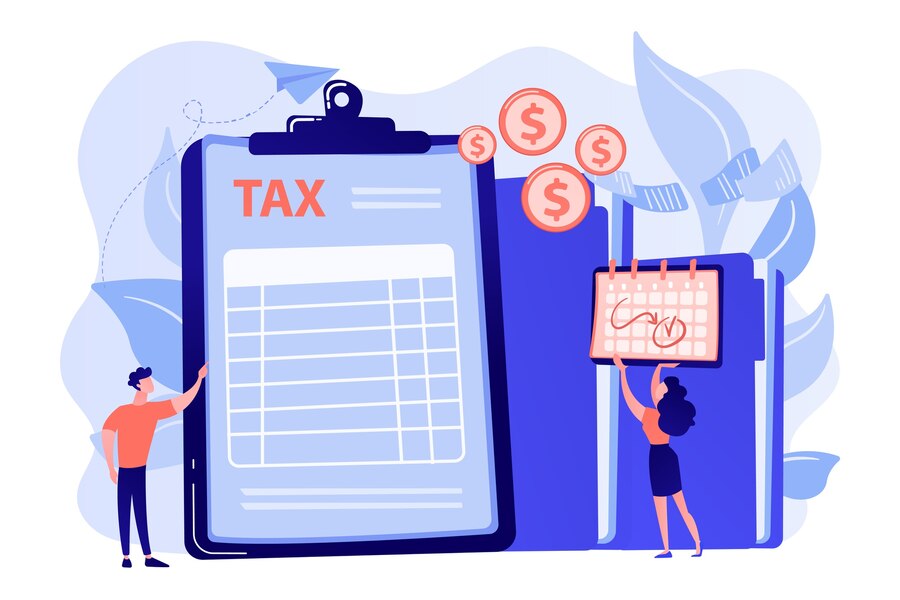
Key Features of Presumptive Taxation
- Simplification: Presumptive taxation reduces the burden of detailed bookkeeping for small businesses. Taxpayers are not required to maintain detailed accounts of their expenses or income.
- Reduced Compliance: The scheme cuts down on compliance requirements, such as the need for detailed audits by income tax professionals. This can lead to significant cost savings on hiring accountants and auditors.
- Fixed Income Percentage: Under various sections like 44AD, 44ADA, and 44AE of the Income Tax Act, a fixed percentage of gross receipts is considered as income. For instance, for certain small businesses, 8% (or 6% for digital transactions) of the total turnover is taken as taxable income under Section 44AD.
Eligibility for Section 44ADA
- For Small Businesses (Section 44AD): This includes individuals, Hindu Undivided Families (HUFs), and partnerships (excluding LLPs) with a total turnover not exceeding INR 2 crore.
- For Professionals (Section 44ADA): This covers specified professionals like doctors, lawyers, accountants, and architects whose annual gross receipts do not exceed INR 50 lakhs.
- For Transport Businesses (Section 44AE): Applies to businesses that own up to 10 goods carriage vehicles at any time during the tax year.
Application Process for Section 44ADA Presumptive Taxation
Section 44ADA of the Income Tax Act, 1961, is a special provision for computing profits and gains for certain professions on a presumptive basis. It simplifies the process for small taxpayers by reducing compliance burdens and allowing them to declare income at a standardized rate.
This provision is particularly beneficial for professionals such as doctors, lawyers, accountants, architects, and similar professions whose total gross receipts do not exceed ₹50 lakhs during the financial year.
Step-by-Step Application Process for Presumptive Tax Scheme
Step 1: Eligibility Check
Verify that your profession is listed among those eligible under Section 44ADA.
Ensure that your annual gross receipts do not exceed ₹50 lakhs.
Step 2: Income Declaration
Under Section 44ADA, 50% of the total gross receipts or turnover is deemed to be income. This income is chargeable to tax under the heading “Profits and gains of business or profession”.
Step 3: Filing Tax Returns
Eligible professionals should file their Income Tax Returns using Form ITR-3 or ITR-4 (as applicable), where they can declare 50% of their gross receipts as their income.
There is no need to maintain detailed accounts of actual expenditures, although basic records of earnings might still be necessary.
Step 4: Payment of Advance Tax
Taxpayers under Section 44ADA are required to pay advance tax in four installments if their tax liability exceeds ₹10,000 in a financial year.
Maintaining Books of Accounts
Under Section 44ADA, professionals opting for presumptive taxation are not required to maintain regular, proper books of accounts as required under Section 44AA of the Income Tax Act. However, it is advisable to maintain basic documentation related to:
Gross receipts
Bank statements
Copies of invoices
Form 26AS (Tax Credit Statement)
This minimal record-keeping assists in substantiating the income declared and can be helpful in case of any future inquiries from the Income Tax Department.
How to Calculate Presumptive Taxation Under the Presumptive Scheme?
The Income Tax Act offers the presumptive taxation method to make tax preparation and compliance easier for eligible businesses and professionals. It allows taxpayers to declare income at a prescribed rate of their turnover or gross receipts rather than actual income, thus minimizing the need for detailed bookkeeping.
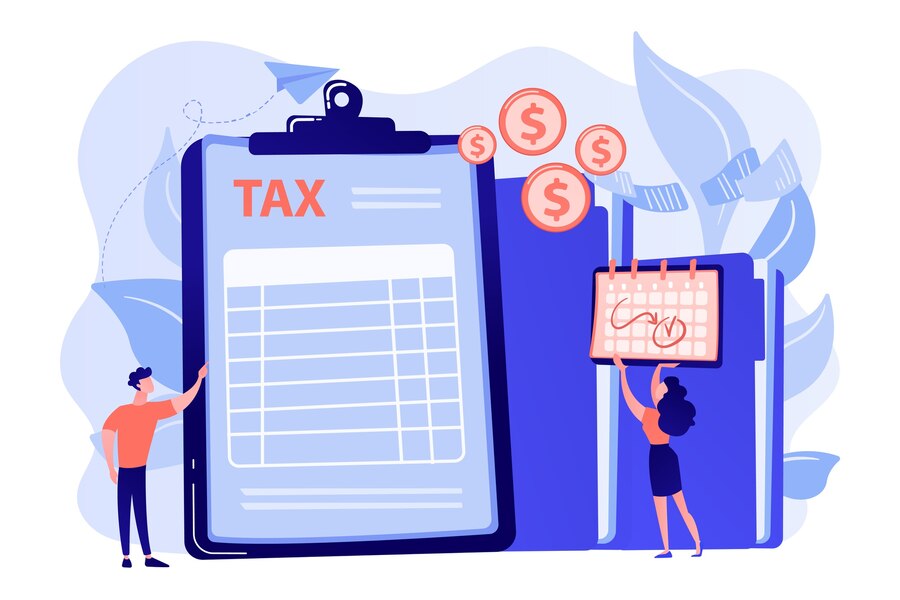
Calculation for Different Taxpayers
- For Small Businesses under Section 44AD
Eligible Taxpayers: Individuals, Hindu Undivided Families (HUFs), and Partnership Firms (excluding LLPs).
Turnover Limit: Up to ₹2 crore.
Presumptive Income: 8% of total turnover or gross receipts. However, for receipts through digital/electronic means, the rate is 6%.
Example: If a business has a turnover of ₹1.5 crore and all receipts are through digital means,
Presumptive Income=1,50,00,000×6%=₹9,00,000Presumptive Income=1,50,00,000×6%=₹9,00,000
- For Professionals under Section 44ADA
Eligible Taxpayers: Specified professionals such as doctors, lawyers, accountants, architects, etc.
Receipts Limit: Up to ₹50 lakhs.
Presumptive Income: 50% of total gross receipts.
Example: If a professional has gross receipts amounting to ₹40 lakhs:
Presumptive Income=40,00,000×50%=₹20,00,000Presumptive Income=40,00,000×50%=₹20,00,000
- For Transport Businesses under Section 44AE
Eligible Taxpayers: Businesses owning not more than 10 goods transport vehicles.
Presumptive Income: ₹7,500 per month or part of a month for each vehicle, irrespective of the tonnage.
Example: If a business owns 5 trucks and operates them throughout the year,
Presumptive Income=5×7,500×12=₹4,50,000Presumptive Income=5×7,500×12=₹4,50,000
Key Points to Remember
- Advance Tax: Taxpayers should pay advance tax in four installments if their tax liability exceeds ₹10,000 in a financial year.
- ITR Forms: Use File ITR-4 for declaring presumptive income under these sections.
- No Deductions Allowed: No further deductions for expenses incurred are allowed beyond the prescribed percentage.
- Digital Receipts: A lower rate for digital/electronic transactions encourages transparency and digital footprints in business operations.
Overview of Income Tax Sections
Section 44ADA is part of a broader framework that includes other sections like 44AD and 44AE, each tailored for different types of taxpayers.
- Section 44AD: Business Income
Eligible Taxpayers: It applies to individuals, Hindu Undivided Families (HUFs), and partnership firms (excluding LLPs).
Turnover Limit: Up to ₹2 crore.
Presumptive Income: Fixed at 8% of turnover or gross receipts for businesses not maintaining accounting books. For digital transactions, the rate is reduced to 6%. - Section 44ADA: Professional Income
Eligible Taxpayers: Targeted at specified professionals such as doctors, lawyers, architects, engineers, accountants, etc.
Receipts Limit: Up to ₹50 lakhs.
Presumptive Income: 50% of the total gross receipts are considered as taxable income. This simplifies tax filing as no further expenses are deductible. - Section 44AE: Income from Heavy Goods Vehicles
Eligible Taxpayers: It refers to taxpayers engaged in the business of plying, hiring, or leasing goods carriages.
Limitations: Applicable to those who own up to 10 goods vehicles at any time during the year.
Presumptive Income: Income is calculated at ₹7,500 per month or part of the month per vehicle, irrespective of actual earnings.
Steps to File ITR under Section 44ADA
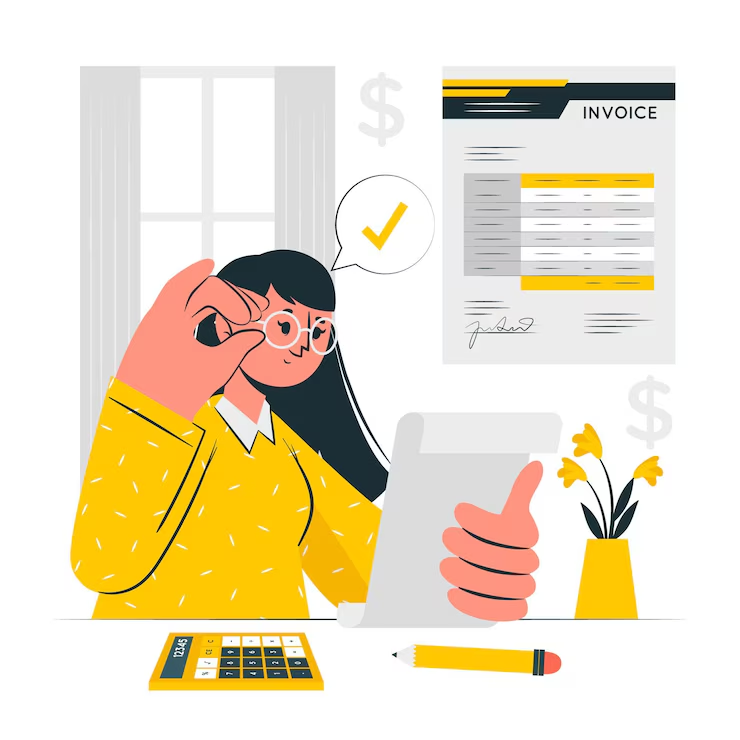
Step 1: Choose the Correct ITR Form
For professionals opting for the presumptive income scheme under Section 44ADA, ITR-3 or ITR-4 should be used. ITR-3 is used by individuals and HUFs who have income from a proprietary business or profession, while ITR-4 is suitable for resident taxpayers opting for the presumptive income scheme.
Step 2: Fill in Gross Receipts
Enter the total gross receipts from the profession in the relevant section of the ITR form. This is the total amount billed to clients during the fiscal year before any deductions.
Step 3: Declare Presumptive Income
Under Section 44ADA, 50% of the total gross receipts from the profession is deemed the income chargeable under the heading "Profits and gains of business or profession. Enter 50% of your gross receipts as your income in the ITR form.
Step 4: No Need to Maintain Books of Account
If you opt for presumptive taxation under Section 44ADA, you are not required to maintain detailed books of account as prescribed under Section 44AA. Therefore, there is no need to attach details of expenses incurred during the fiscal year.
Step 5: Deductions and Exemptions
Since 50% of the gross receipts are considered as net income, no further deductions for business expenses are allowed. However, deductions under Chapter VIA (e.g., Section 80C, Section 80D) can still be claimed.
Step 6: Compute Tax Liability
Calculate the tax liability based on the presumptive income after considering applicable deductions and exemptions. Ensure that all advance tax payments and TDS deductions are accounted for.
Step 6: File the Return
The return can be filed online through the e-filing portal of the Income Tax Department. Ensure that you verify the return through Aadhaar OTP, EVC, or by sending a signed ITR-V to the CPC Bangalore.
Step 7: Pay Advance Tax
If the tax liability exceeds ₹10,000, ensure that advance tax is paid in installments during the year. Failure to pay advance tax can result in interest under sections 234B and 234C.
Should you file under Section 44ADA?
Deciding whether to file a tax return (ITR) under Section 44ADA, which governs the presumptive taxation scheme for certain professionals, involves considering several factors. This scheme is designed to simplify the process of tax compliance for eligible professionals by allowing them to declare a fixed percentage of their gross receipts as their income. Here are key considerations to help determine if opting for Section 44ADA is beneficial for you.
Considerations Before Opting for Section 44ADA
- No Expense Deductions: If your actual expenses related to the profession (like office rent, staff salaries, and professional equipment) significantly exceed 50% of your gross receipts, then opting for Section 44ADA might result in a higher tax liability compared to actual profits.
- Ineligibility for Certain Deductions: While you can claim deductions under Chapter VI-A (like Section 80C and Section 80D), you cannot claim any business-related deductions or depreciation.
- Commitment to the Scheme: Once you opt for the presumptive scheme under Section 44ADA, you are required to follow it for at least 5 consecutive years. If you opt out of this scheme before the completion of 5 years, you are not allowed to re-enter the scheme for the next 5 years.
Tax Planning and Management
- Advance Tax Requirements: You are required to pay advance tax if your tax liability exceeds ₹10,000 in a financial year. This needs careful management to avoid interest under sections 234B and 234C of the Income Tax Act.
- Tax Liability Calculation: Even though 50% of your gross receipts are taxable, the actual tax rates applicable will depend on the income slabs under the Income Tax laws. This must be considered to understand your total tax outgo.
Who Should Consider Opting for Section 44ADA?
- Low Expense Operations: Professionals whose actual expenses are less than 50% of their gross receipts will find this scheme financially beneficial.
- Professionals Preferring Simplicity: If you prefer simplicity over detailed accounting and minimizing interactions with tax authorities, this scheme is suitable.
Key Implications of Opting for Section 44ADA
- Simplified Accounting
Reduced Record-Keeping: There's no need to maintain detailed books of account related to expenses, as 50% of the gross receipts are deemed to be the net income. This simplification can significantly ease the administrative burden, especially for smaller agencies.
Audit Exemption: If you declare income as per Section 44ADA and your income doesn't exceed the maximum amount not chargeable to tax, you're exempt from routine tax audits. This can be a major relief, reducing compliance costs and disruptions to business operations.
- Tax Planning
Fixed Rate of Income: Declaring a flat 50% of gross receipts as taxable income means if your actual expenses are lower, you stand to benefit by paying taxes on a potentially higher profit margin. Conversely, if your actual expenses exceed 50%, this scheme might result in a higher tax liability.
No Deductions for Expenses: The inability to claim deductions for actual business expenses (rent, salaries, utilities, etc.) could lead to higher taxable income. This needs careful financial planning, especially if operating costs are high.
- Financial Implications
Cash Flow Management: Since advance tax has to be paid on estimated earnings, understanding cash flows becomes crucial. Effective cash flow management ensures that the agency can meet its tax obligations without strain.
Ineligibility for Certain Deductions: Agencies cannot claim deductions under many sections that might otherwise be available under the normal taxation scheme, such as Section 32 (depreciation), which could impact long-term financial planning.
- Long-Term Strategic Decisions
Commitment to the Scheme: Once you opt for Section 44ADA, you are required to continue under the scheme for at least 5 consecutive years. Opting out early would bar you from using the presumptive taxation scheme for the next five years, which demands strategic foresight before committing.
Impact on Business Growth and Scaling: As the business grows and gross receipts potentially exceed ₹50 lakhs, transitioning out of this scheme will require adopting regular bookkeeping practices and preparing for full-fledged audits.
Conclusion
Section 44ADA offers a valuable option for eligible professionals looking to simplify their tax filing. It is crucial to understand your eligibility and benefits to make informed decisions. Choosing Section 44ADA can offer significant benefits for agency businesses in eligible professions by simplifying tax compliance and reducing administrative burdens.
However, it requires weighing the long-term financial and operational implications, especially concerning business expenses and growth projections. Agency businesses must carefully analyze their financial health and consult with professionals to ensure that this scheme aligns with their business strategies and financial goals.
💡Facing delays in GST payment? Get started with PICE today and streamline your GST payments. Click here to sign up and take the first step towards hassle-free GST management.
 By
By 







